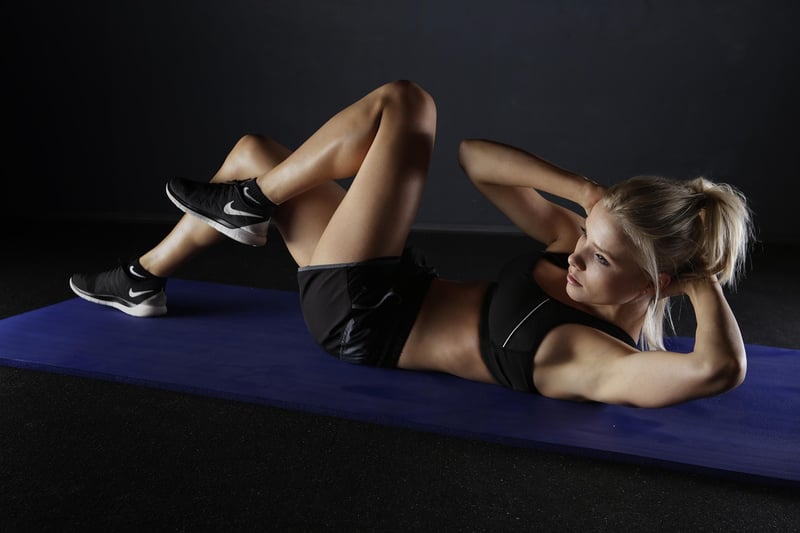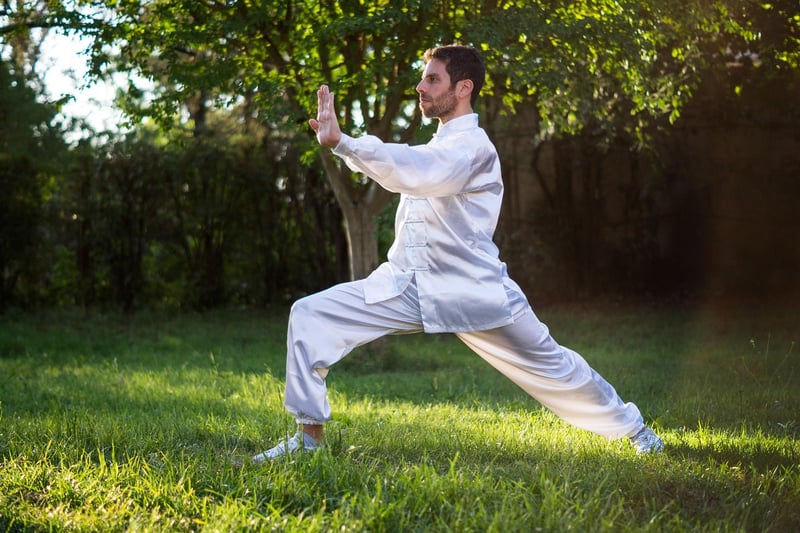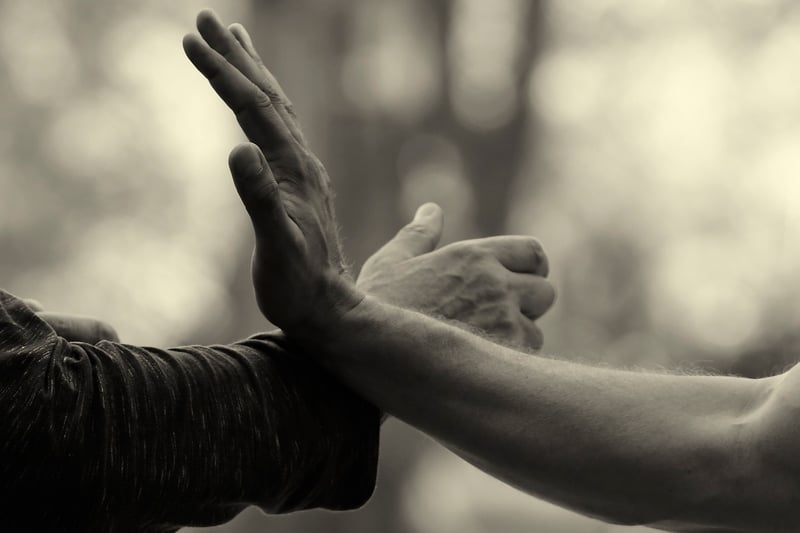Tai Chi for Balance
The Power of Movement for Emotional and Physical Well-being
Engaging in regular physical activity is not only beneficial for your physical health but also plays a significant role in improving your emotional well-being. Movement, in various forms, has the power to uplift your mood, reduce stress, and enhance overall quality of life. One such practice that combines physical and mental benefits is Tai Chi.
The Benefits of Movement for Emotional Well-being
Physical activity, whether through exercise, dance, or mindful practices like yoga, releases endorphins – the body's natural mood enhancers. This release of feel-good hormones can combat feelings of anxiety and depression, leaving you with a sense of well-being and positivity.
Moreover, engaging in movement activities can help you manage stress more effectively. By focusing on the present moment and the sensations in your body, you can achieve a sense of calm and relaxation, reducing the impact of stressors in your life.
The Benefits of Movement for Physical Well-being
Regular movement is essential for maintaining physical health. It improves cardiovascular health, strengthens muscles and bones, and enhances flexibility and balance. Additionally, physical activity can help in weight management and reduce the risk of chronic diseases like heart disease and diabetes.
Tai Chi: A Practice for Balance
Tai Chi is a form of gentle Chinese martial arts that combines flowing movements with deep breathing and mindfulness. It is known for its ability to improve balance, flexibility, and strength while promoting relaxation and inner peace. Tai Chi is suitable for people of all ages and fitness levels, making it an accessible practice for many.
Regular practice of Tai Chi can help enhance proprioception – the body's awareness of its position in space – which is crucial for preventing falls, especially in older adults. The slow, deliberate movements of Tai Chi also promote mindfulness, allowing practitioners to focus on the present moment and cultivate a sense of inner calm.
Conclusion
Whether you prefer high-intensity workouts, dance classes, or mindful practices like Tai Chi, incorporating movement into your daily routine can have profound effects on both your emotional and physical well-being. Take the time to explore different forms of movement and discover what resonates with you the most. Remember, movement is not just about physical fitness – it is a powerful tool for nurturing your mind, body, and soul.


References:
